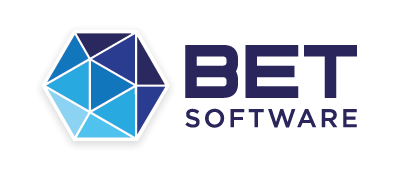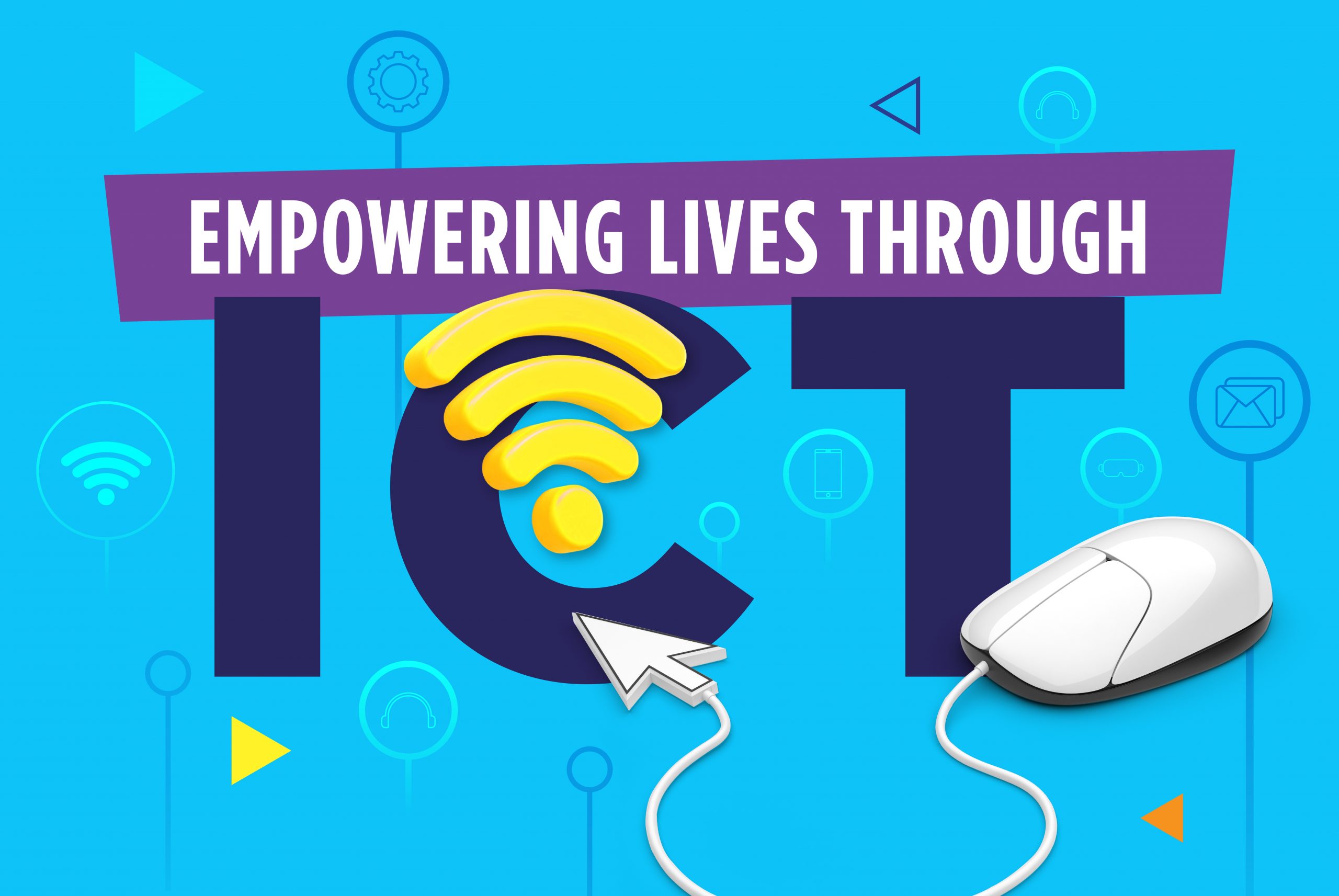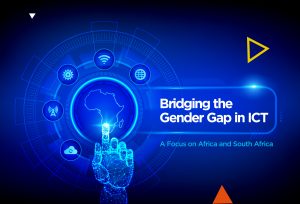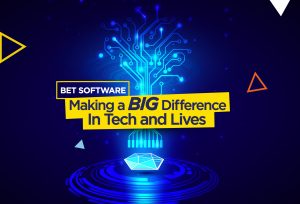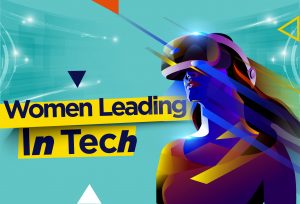How ICT is Changing South Africa: A Digital Transformation
Hey there, folks! Today, we’re diving into the world of Information and Communication Technology (ICT) and how it’s changing the game in South Africa. It’s all about transforming education, work, and connectivity. So, grab a cup of your favorite brew, and let’s get started.
Index
- Introduction
- Overview of the impact of ICT in South Africa.
- The transformative role of Information and Communication Technology.
- Role of ICT in Daily Life
- How ICT has become an integral part of daily life.
- Benefits of ICT, including communication, access to information, and productivity.
- Transforming Education, Work, and Connectivity
- The influence of ICT on education, work, and connectivity.
- The evolution of teaching and learning with ICT.
- Importance of ICT in Our Daily Lives
- The indispensable role of ICT in modern society.
- The positive social impact and potential for change.
- Common ICT tools and their significance.
- Starting Your ICT Journey
- Various career paths in the ICT field.
- Skills and areas of expertise to consider in ICT careers.
- The importance of promoting digital literacy and bridging the digital divide.
- Conclusion
- The ongoing transformation and future prospects in South Africa’s ICT landscape.
- The call to invest in digital skills and innovation for a brighter future.
- BET Software ICT Careers
- Exploring career opportunities in software development, data analytics, and cybersecurity.
- Resources and insights for aspiring professionals in the ICT industry.
- FAQ Topics:
- The Importance of Communication in Our Life
- The Importance of Education in Our Daily Life
- The Role of Communication in Daily Life
- The Importance of ICT in Our Daily Life
- How ICT Has Impacted Our Daily Life
- The Positive Impact of ICT in Our Daily Life
Transforming education, work, and connectivity with ICT
ICT (Information and Communication Technology) refers to the tools and systems we use to collect, store, process, share, and find information. It includes things like computers, software programs, internet connections, and platforms for communication.
ICT has become a crucial part of our everyday lives, changing how we talk to each other, find information, do business, and do many other things. ICT has made a big impact on our lives. It has changed the way we live, work, and interact with the world around us.
Role of ICT in daily life:
ICT is important in our everyday lives and it affects many parts of our society. Think about your trusty smartphone and the social media apps you check every day. They’re all part of ICT and have become necessary for our personal and work activities.
They’ve made our lives easier, whether it’s online shopping, online banking, or staying connected with friends. But the goodness doesn’t stop there. ICT does more:
- Faster Communication: It’s like rocket fuel for communication, making chatting with friends worldwide a breeze.
- Easy Info Access: Thanks to the internet, we can find information quickly.
- Work Smarter: At work, ICT streamlines tasks, boosts productivity and keeps things running smoothly.
- Online Everything: Online banking and e-commerce platforms have spoiled us with convenience.
- Entertainment and Learning: From streaming movies to online classes, ICT has us covered in entertainment and learning.
- Empowerment: On a grand scale, it empowers individuals and fuels societal development.
- Economic Opportunities: ICT isn’t just a helper; it’s a job creator too. It opens up new economic horizons and fuels entrepreneurship.
Roles of ICT in teaching and learning:
ICT has revolutionised the education sector, bringing about transformative changes in teaching and learning methodologies. It provides educators and students with powerful tools and resources to enhance the learning experience.
ICT enables interactive and multimedia-based lessons, virtual simulations, online collaboration, access to a vast array of educational resources, and personalised learning experiences. It promotes student engagement, critical thinking, and creativity, and prepares learners for the digital age. In addition, ICT:
- Transforms education, making it engaging and effective.
- Enables interactive lessons and multimedia content.
- Provides virtual simulations and practical experiences.
- Facilitates online collaboration among students.
- Gives access to a wealth of educational resources.
- Supports personalised learning and individual needs.
- Develop critical thinking and digital literacy skills.
- Prepares students for the digital age and future careers.
Importance of ICT in our daily lives:
The importance of ICT in our daily lives cannot be overstated. It has become an indispensable part of modern society due to the following reasons:
- Communication: ICT facilitates seamless communication through various platforms, enabling us to connect with people worldwide and fostering global connections.
- Access to Information: ICT provides easy access to a vast amount of information available on the internet, empowering us with knowledge and promoting continuous learning.
- Work and Productivity: ICT tools and software enhance productivity in the workplace, streamlining processes, facilitating collaboration, and automating tasks.
- E-commerce and Online Services: ICT enables online shopping, banking, and access to various services, providing convenience and a wide range of options.
- Social Impact: ICT has the potential to bring about positive social change, empowering individuals, bridging the digital divide, and creating opportunities for education, economic development, and activism.
Here is a short list of common ICT tools:
- Computers and mobile devices.
- Software applications for various purposes.
- Operating systems like Windows and macOS.
- Networking equipment for creating computer networks.
- Internet for information sharing and communication.
- Cloud computing platforms for on-demand resources.
- Communication tools like email and video conferencing.
- Web browsers for accessing websites.
- Social media platforms for networking and content sharing.
- Storage and backup solutions for data management.
- Virtualisation software for running multiple operating systems.
- Security tools for protecting systems and data.
Starting Your ICT Journey
- Programming and Software Development: Learn programming languages such as Python, Java, or JavaScript, and develop skills in software development to create applications, websites, or software solutions.
- Data Science and Analytics: Acquire knowledge of data analysis, statistical modeling, and machine learning techniques to extract insights and make data-driven decisions.
- Cybersecurity: Gain expertise in protecting computer systems and networks from cyber threats, including ethical hacking, network security, and secure coding practices.
- Cloud Computing: Learn about cloud platforms like Amazon Web Services (AWS), Microsoft Azure, or Google Cloud, and understand how to deploy and manage applications and data in the cloud.
- IT Project Management: Develop skills in managing IT projects, including planning, organising, and overseeing technology initiatives to ensure successful implementation and delivery.
- Networking and Infrastructure: Learn about computer networks, network design, configuration, and administration, including skills in setting up routers, switches, and maintaining network security.
- Artificial Intelligence and Machine Learning: Explore the field of AI and ML, including algorithms, neural networks, and deep learning, to build intelligent systems and models.
- User Experience (UX) Design: Understand the principles of designing user-friendly and intuitive interfaces for websites, mobile apps, or software, focusing on usability and user satisfaction.
- Internet of Things (IoT): Learn about connecting devices and objects to the internet, enabling data exchange and automation, and explore the potential of IoT technologies.
- Digital Marketing: Gain skills in online marketing strategies, social media marketing, search engine optimisation (SEO), and analytics to promote products or services in the digital realm.
Conclusion
ICT is a game-changer in South Africa. It’s not just transforming the way we communicate and learn but also boosting our work and making our lives easier. But, we must remember that the digital revolution isn’t complete without ensuring that everyone has a piece of the pie. Efforts must be made to bridge the digital divide and create equal opportunities for all.
As South Africa continues to ride the ICT wave, let’s invest in digital skills, promote digital literacy, and encourage innovation. By doing so, we can keep the momentum going, power up our economy, and create a brighter future for all.
BET Software ICT careers
Explore our BET Software career page to discover exciting opportunities in software development, data analytics, and cybersecurity. Whether you aspire to be a programmer, data scientist, or cybersecurity expert, our page provides valuable insights and resources to excel in the ICT industry.
FAQ: The Importance of Communication in Our Life
What is the importance of communication in our life?
Communication is vital in our lives as it facilitates the exchange of ideas, information, and emotions. It enables us to connect with others, express our needs, collaborate, and build relationships. Effective communication is essential for personal, professional, and social success.
What is the importance of education in our daily life?
Education is fundamental to personal growth and societal progress. It equips individuals with knowledge, critical thinking skills, and opportunities for personal and professional development. Education empowers us to make informed decisions, contributes to personal fulfillment, and enhances our ability to contribute to society.
What is the role of communication in daily life?
Communication is the cornerstone of daily life. It enables us to convey our thoughts, share information, and interact with others. From simple conversations with friends and family to complex business transactions, communication plays a crucial role in our ability to function and thrive in society.
What are the importance of ICT in our daily life?
ICT, or Information and Communication Technology, is indispensable in modern life. It enables faster communication, and easy access to information, enhances productivity at work, and provides convenient services like online banking and shopping. ICT also empowers individuals, bridging the digital divide, and creating opportunities for education, economic development, and activism.
How has ICT impacted our daily life?
ICT has transformed daily life by revolutionizing communication, providing easy access to information, and enhancing productivity. It has made online services, such as shopping and banking, readily available. ICT also plays a crucial role in education, empowering students and educators with innovative tools and personalized learning experiences.
What is the positive impact of ICT in our daily life?
The positive impact of ICT in daily life includes improved communication, access to a wealth of information, streamlined work processes, online convenience for shopping and services, and social change. ICT bridges the digital divide, offering opportunities for education, economic development, and activism, making it a force for positive societal transformation.
